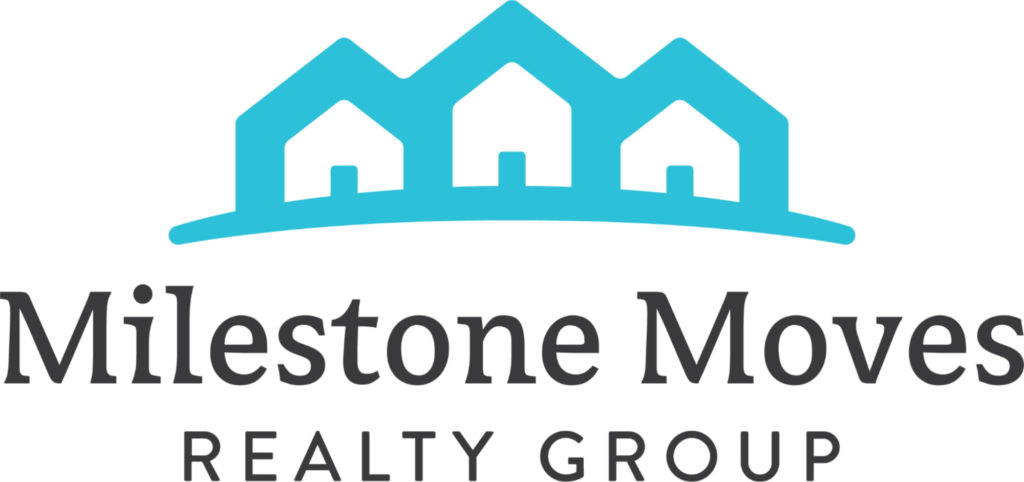According to HouseMaster, a major home inspection company with offices in more than 390 cities in the United States and Canada, 40 percent of previously-owned homes have atleast one damage. Kathleen Kuhn, CEO and president of HouseMaster says, “Virtually every ‘used’ home needs some repair or improvement.” “That’s to be expected. But with today’s high prices, you want to make sure that you are aware of any major problems in a house you are considering purchasing, and what it will take to remedy the situation.”
From over one million home inspections, they’ve concluded that these are the most serious home defects to look out for:
- 1. Cracked heater exchange
- 2. Failing air-conditioning compressor
- 3. Environmental hazards including radon, water contamination, asbestos, lead paint, and underground storage tanks
- 4. Moisture in the basement
- 5. Defective roofing and/or flashings
- 6. Insect infestation — termites or carpenter ants
- 7. Mixed plumbing
- 8. Aluminum wiring
- 9. Horizontal foundation cracks
- 10. Major house settlement
- 11. Undersized electrical system
- 12. Chimney settling or separation
As per Kuhn, most of these damage can be repaired. But, depending on the gravity of the problem, it might cost you a lot especially if the problem is part of a major system. This is something that needs to be thought of before buying a house.
Roof repairs or a new roof could cost you at least thousands of dollars. A new air conditioning compressor could cost up to $1,200. To repair a basement will cost about $5,000. If you are already in the negotiating process, your agent should advise you to present a provision for renegotiating or backing out of the contract in the event that the inspector finds serious problems.
“If the property inspectors find that little or no corrective work is required, you have little or nothing to negotiate,” say Eric Tyson and Ray Brown in their book, Homebuying for Dummies. “Suppose, however, that your inspectors discover the $200,000 house you want to buy needs $20,000 of corrective work for termite and dry-rot damage, foundation repairs, and a new roof. Big corrective work bills can be deal killers.”
If however you are really bent on buying the house despite the problems, they offer these advises:
- The sellers can leave enough money in escrow to cover the cost of repairs, with instructions for the escrow officer to pay the contractors as the work is completed.
- The lender can withhold part of the full loan amount in a passbook savings account until the work has been done.
- The sellers may give a credit for the work. Lenders may disapprove of this last alternative because there aren’t assurances that the repairs will be made.
Get a qualified inspector. Their service costs between $250 and $400. If you want to ensure his credibility, ask for referrals from groups like organizations like the American Society of Home Inspectors or the American Association of Home Inspectors. New members are certified before they could join the group. You can also ask referrals from friends who has had to go through the same experience. But don’t leave everything to the home inspector. Invest a few hours with them asking them to explain the problem (if there are), what to look out for, how to keep your house well-maintained.
As Kuhn of HouseMasters say, “A pre-purchase inspection is your best protection against buying a home based more on emotions, rather than as a sound investment.”



